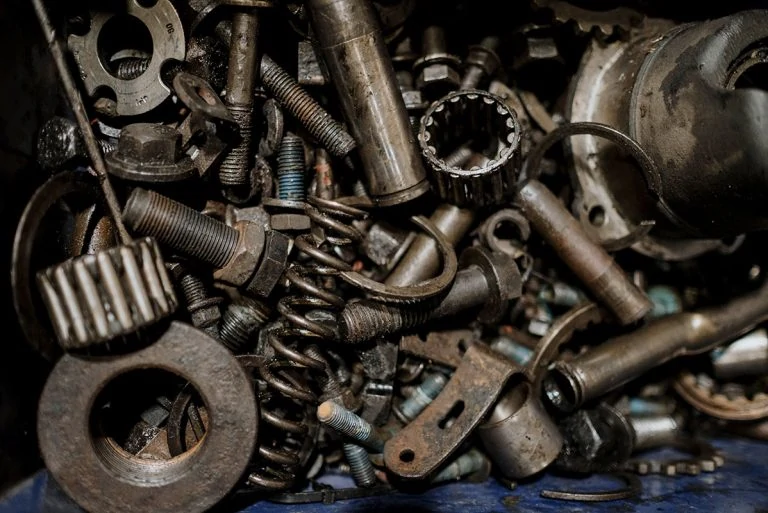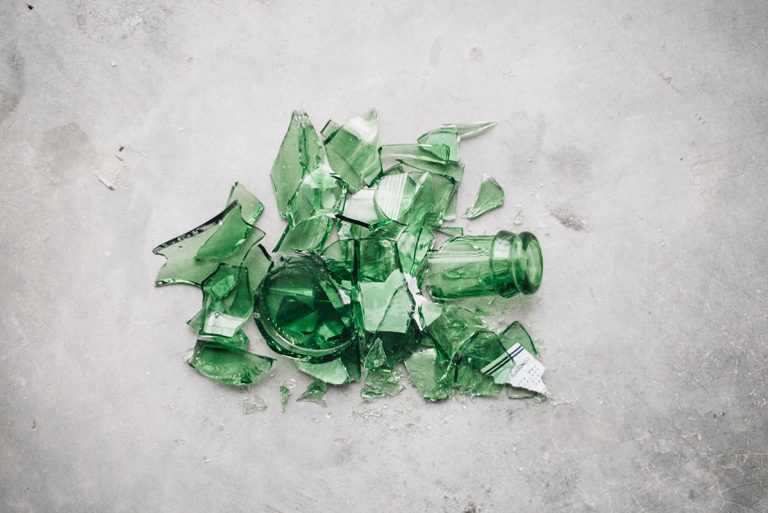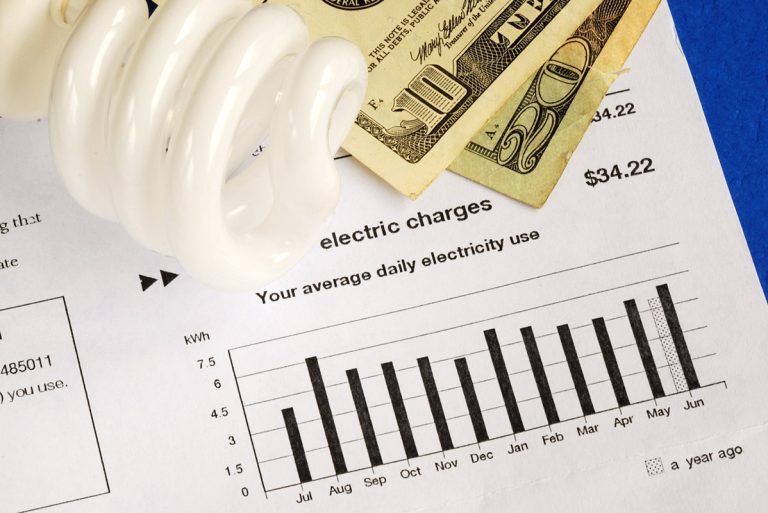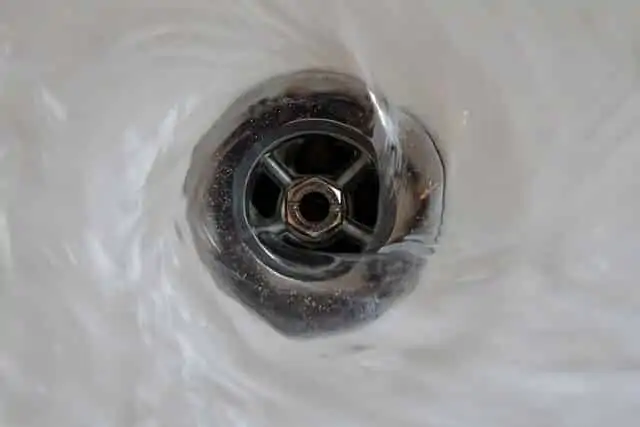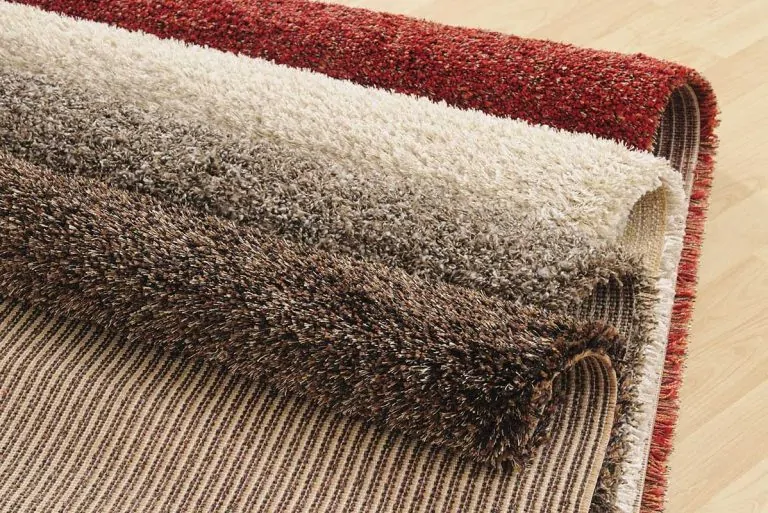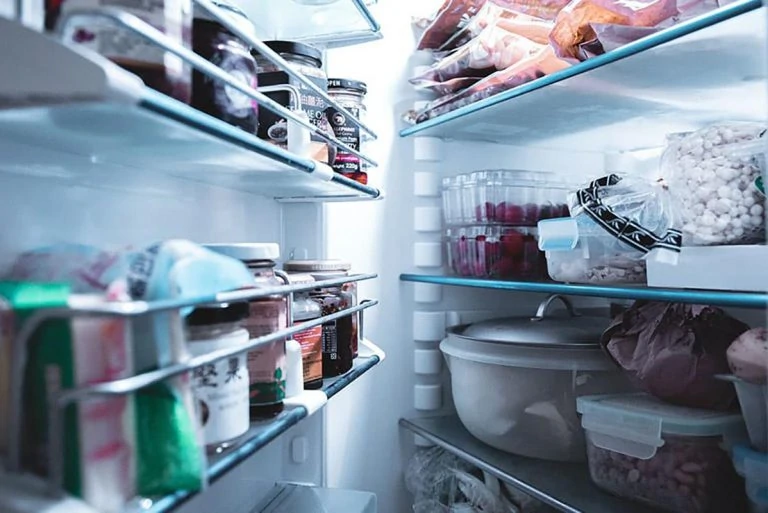In 2019, 32% of the crude steel produced globally, and 69% of that made in the US, was manufactured using recycled materials. This shows how the world is moving in a positive direction, but we could still do more, which is why it’s important to know how to recycle metal.
Can you recycle metal – and why should you?
Metal is extremely recyclable. Recycling anything is all about the trade off between the value of the material versus how easy it is to salvage.
Therefore, items like light bulbs and microwaves, which are a complex mix of low-value materials, can be difficult to recycle as they’re often not worth the effort for municipal facilities to recycle them. On the other hand, metals are inherently valuable and normally made into items that are easy to process.
It is important to know how to recycle metal because metal is found all over our homes, and in the products we use. From cans and batteries to clothes hangers and cutlery – metal is literally everywhere!
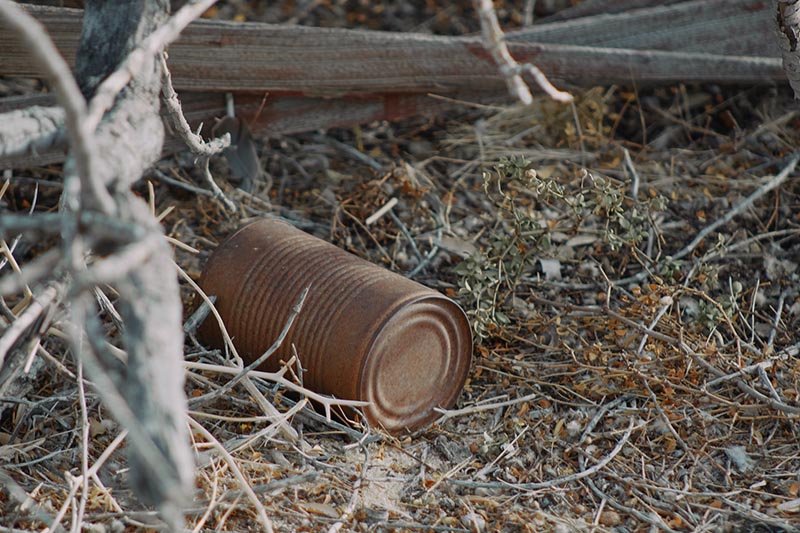
You don’t want these items ending up in landfill, as from there metals can leach into the soil and waterways, where they may build up to toxic levels.
Furthermore, metal is a finite resource, and by recycling it, we make the most out of the resources we have. This also helps to minimize environmentally-destructive mining processes.
Depending on where you live, you may also be under a legal obligation to recycle some metal items. Approximately half of all states in the US have laws making it mandatory to recycle items with electronic components – so knowing how to recycle metal is very important.
Furthermore, this is one of the few types of materials that you can usually recycle for cash, as opposed to items like shoes or razor blades which you may actually need to pay to recycle via a mail-in program.
How to recycle metal
Knowing how to recycle metal is useful – not only is it environmentally responsible, but it can also help to line your pockets too! By recycling the metal items you have lying around the house, you’ll not only help to protect the environment, but you’re also likely to create a lasting habit – as you’re rewarded with a small amount of cash each time you trade in your metal items.
Through your curbside recycling program
You can recycle metal curbside, but usually only certain types, namely aluminum and steel cans. You’ll need to check the rules in your area with your local sanitation department, but most soda and beer cans can be recycled curbside virtually everywhere in the US.

Most locations will also take vegetable cans, coffee tins, aluminum foil, and disposable bakeware. Make sure you empty and rinse all containers before recycling, as food waste and other dirt can contaminate the entire load of recycling, meaning it will all end up in landfill.
Some municipalities also arrange periodic curbside pickups of bulky items, including metals (appliances, electronics, ironing boards, aluminum bats). You’ll generally need to call and schedule a pick up, or leave them out on a specific date – contact your local sanitation department and ask for instructions.
For electronic devices, you can also make use of e-waste mail-in programs like Green Citizen or Protek Recycling.
How to recycle metal through a recycling center
You can recycle metal through any recycling center that handles scrap metal. For an item to qualify as scrap metal, it only has to be 50% or more metal.
This means you can recycle a range of items that are composed of a mixture of metal along with plastic and other materials. Having said that, if you can easily separate out the metal components from other materials, you should do this before recycling.
For example, you should remove the metal rings from ring binders and recycle the rest of the binder separately.

If you have copper or aluminum wiring that is insulated with rubber or plastic, you don’t necessarily need to strip it. Most scrap metal recyclers will take coated wires, but they pay significantly more for the bare wires as this saves them the time and effort of stripping them.
Pro tip: If you regularly recycle wires, it could be worth investing in a wire stripper.
Ferrous vs nonferrous scrap metals
Scrap metal is divided into two categories:
- Ferrous – Metals that contain iron, including steel which is an alloy of iron and other metals.
- Nonferrous – All other types of metal.
Common ferrous items include cast iron pans, stainless steel cookware, tools, and components in household appliances. On the other hand, musical instruments, wires, pipes, auto parts, silverware, and keys are usually made of nonferrous metals such as aluminum, copper, lead, brass, stainless steel, tin, zinc, and nickel.
It’s important to know whether the metal you’re dealing with is ferrous or nonferrous, as this can affect how you can recycle it. If you’re not sure, take a magnet and hold it up to the metal item.
If it sticks, you have ferrous metal.

Most recycling centers pay for scrap, and will pay more for nonferrous metals. Nonferrous scrap metal accounts for more than half of the revenue earned through recycling each year, even though it’s less than 10% of the total volume.
It can be worth your while to call around to a few different scrap metal recyclers and check how much they pay for different materials, to make sure you maximize your pay out.
The facility will normally separate out the materials into different types of metal, then crush and compact each type. After removing any non-metal components like plastics, the metals are then melted down in a furnace and turned into sheets, before finally being used to make new items.
How to recycle metal: a step-by-step guide
1. Use a tool like Earth911’s online locator to find a recycling center in your area that takes scrap metal. You can also search the Institute of Scrap Recycling Industries’ (ISRI) directory of nationally-certified recyclers.
2. Contact the facility to check their recycling instructions. Some centers have a minimum requirement for the amount of metal they’ll accept.
3. Gather your items and scrap, and sort into ferrous and nonferrous metals. If you can, further separate out the different types of metals, such as stainless steel, lead, aluminum, brass, and copper.
4. Separate out any easily-removable components made from other materials such as plastic, and arrange to recycle these separately.
5. Be sure to also bring your ID with you – many recycling centers need you to show identification before they’ll accept scrap metal, in order to avoid taking stolen metal for scrap.
6. Take the scrap metal to the recycling facility.
Sell your metal items
You can also sell various types of metal items. You can take old coat hangers to dry cleaners, who may give you a discount or even a small amount of cash in return.
If you have metal furniture or appliances in good working order, you could sell them through second hand stores or on Craigslist.

Source: Wikimedia / Bidgee
If you live in certain states, you can also return empty beverage cans for a small redemption value. Currently, you can redeem cans, as well as glass and plastic bottles, in California, Connecticut, Hawaii, Iowa, Massachusetts, Maine, Michigan, Oregon, New York, and Vermont.
Check with your local municipality to learn how to redeem cans for recycling.
Donate your metal items
There are plenty of options for donating metal items and even scrap, to keep it out of the waste stream and maybe do some good at the same time.
If you have appliances that are still in good working order, you could donate them to a local organization or charity store like Goodwill or the Salvation Army.
Jewelers, artists, and metal workers may welcome donations of all kinds of metal pieces – you could list what you have on Freecycle and help your scrap to find a good home.
Upcycle your metal into new items
Working with metal does involve specialist tools and equipment, so this option may not be suitable for everyone. Having said that, there are plenty of fantastic DIY uses for metal.
Here are some cool projects you can make with various types of metal:
- A DIY metal desk like this one
- Unique metal doorknobs and handles
- An industrial-style lampshade – learn how here
- A tidy, multi-tiered organizer like this
- Jewelry projects like this cool dragon pendant or these cute earrings from tin cans
Frequently asked questions
If you’re still unclear on how to recycle metal, take a look at these answers to frequently asked questions on the subject.
Can I recycle metal curbside?
In most areas, you can only recycle aluminum and steel cans curbside. If in doubt, check the rules with your local sanitation department.
Many municipalities organize special collection days for electronics, batteries, and other metal items.
What kind of metal can I recycle?
Many types of metals can be recycled, either curbside or through a scrap metal recycling facility.
There are some exceptions to this, including radioactive metals (sometimes found in smoke alarms, old TVs, and luminous watches), and toxic metals, notably mercury. Mercury can be present in some old vehicle parts and electronic appliances, and is too dangerous to human health to recycle.
Recycling centers will scan metal items for these hazardous components and, if found, divert them from the recycling process and dispose of them safely.
Can I recycle metal for money?
Yes, you can recycle metal for money. Most recycling facilities pay by the pound for metal, and will typically pay more for nonferrous metals.
So, depending on the type of metal and how much you have, you can earn a decent amount of cash by recycling metal.
Final thoughts
Metal is one of the easiest items to recycle, and if you know how to recycle metal where you are – you may even be able to earn a bit of money doing so. Whether you have metal cans, electronic devices, an old car battery, or scrap metal pieces, you’ll either be able to recycle them curbside or through a recycling center.
You can also sell, donate, or upcycle many metal items to keep them out of landfill and conserve the planet’s precious resources.
If you’ve enjoyed this post on how to recycle metal go ahead and share it with your eco-conscious friends and family members.
